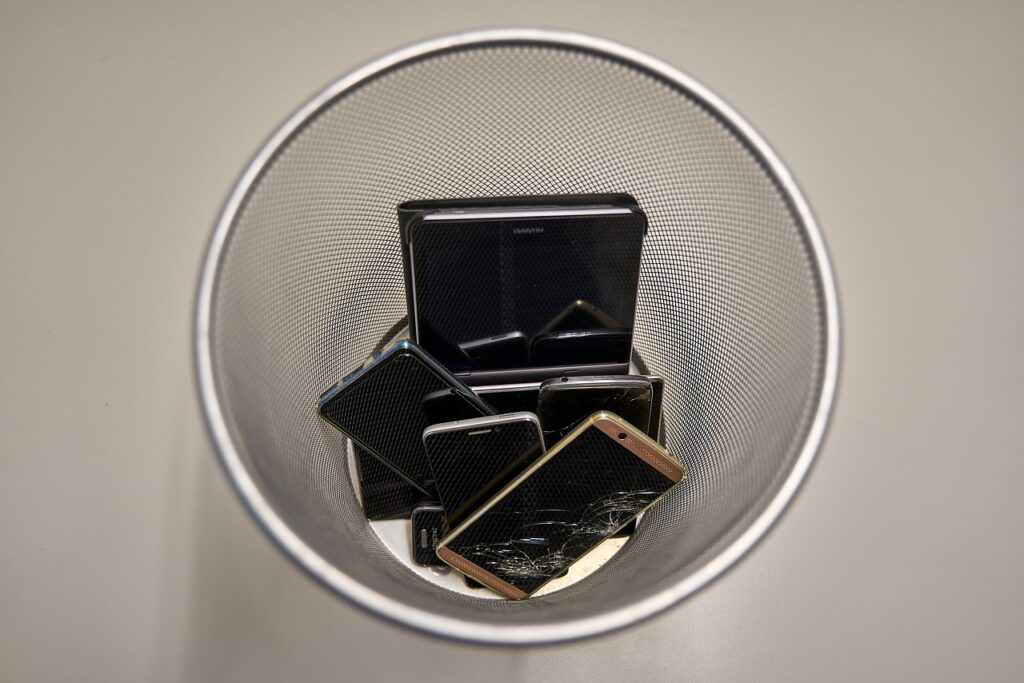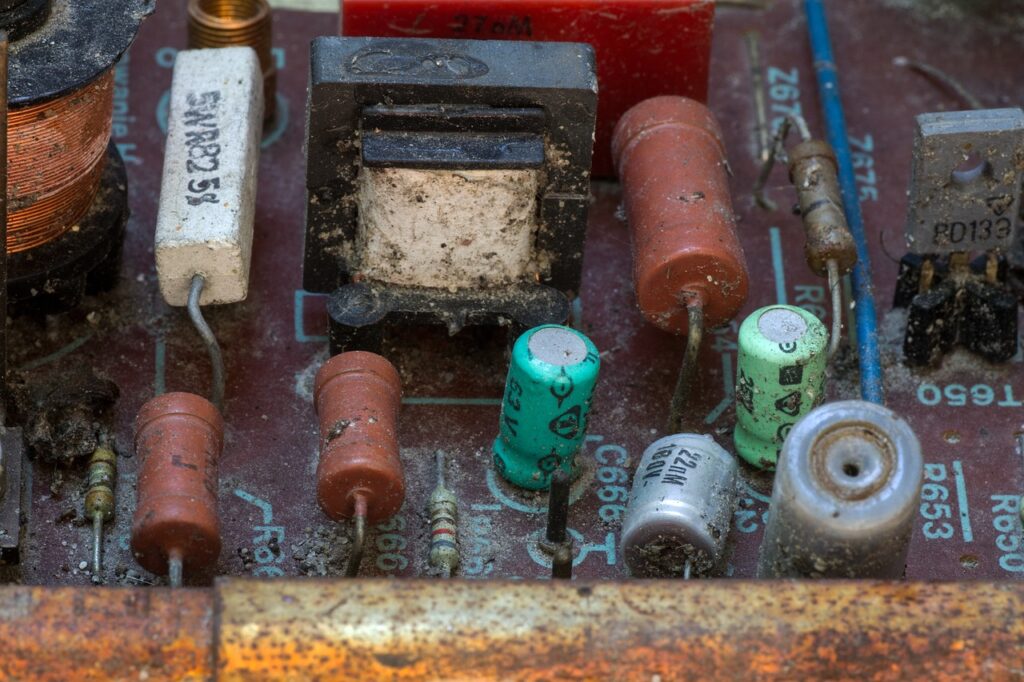Introduction:
In today’s fast-paced world, technology evolves at an unprecedented rate. As a result, older gadgets often find themselves in the junkyard, including GPS trackers from scrapped vehicles. However, what if we told you that these discarded GPS trackers can be resurrected, offering cost-effective solutions to vehicle owners, business operators, and fleet managers? In this article, we will explore the benefits and drawbacks of reusing GPS trackers from scrap cars and provide insights from experts in the field.
- List the GPS tracker and brand for a vehicle that can be reused:
Experts suggest that various GPS tracker brands can be reused, with some of the most popular ones being Calamp, Garmin, and Trimble. These trackers, if properly handled, can be refurbished and put to good use.

- What are the benefits and drawbacks of reusing the GPS tracker from a scrap vehicle?
According to tech experts, the benefits of reusing GPS trackers include reduced environmental impact, cost savings, and the opportunity to extend the life of a reliable tracking device. However, potential drawbacks include compatibility issues with modern software and the risk of data security breaches.
- How can a refurbished GPS tracker help a vehicle owner, business operator, or fleet manager?
A refurbished GPS tracker can offer significant cost savings to individuals and businesses alike. It provides the ability to continue tracking valuable assets without the high upfront costs of purchasing new devices. Fleet managers, in particular, can benefit from the potential to maintain their tracking capabilities while reducing expenses.
- What information has to be wiped from GPS trackers removed from scrap vehicles, and how can this data be wiped?
Data security is paramount when reusing GPS trackers. Experts advise that all personal and location data must be wiped thoroughly before repurposing. This can typically be done through a factory reset or using specialized software designed for this purpose.
- What are the potential drawbacks of using a GPS tracker removed from scrap cars?
One of the potential drawbacks of using a GPS tracker from a scrap car is the lack of compatibility with newer systems or software. It’s essential to ensure that the refurbished tracker is compatible with your existing setup to avoid any functionality issues.
- What key features should a consumer or business operator look for when choosing a refurbished GPS tracker removed from scrap cars?
When selecting a refurbished GPS tracker, experts recommend considering features such as real-time tracking, geofencing, tamper alerts, and compatibility with your existing software. It’s crucial to choose a model that meets your specific needs.
- How much should a refurbished GPS tracker removed from a scrap vehicle cost, and what about ongoing service costs?
The cost of refurbished GPS trackers can vary depending on the brand, model, and features. While they are generally more affordable than new devices, prices can range from $50 to $300. Ongoing service costs may include data plans, software subscriptions, and maintenance, which should also be factored into your budget.
- What are the best ways to recycle, and what type of skip bins should be used to dispose of faulty GPS trackers for an individual or business operator?
Proper disposal is vital for environmental responsibility. Experts recommend recycling centers that specialize in electronic waste. When disposing of faulty GPS trackers, be sure to use e-waste recycling bins, and follow local regulations for electronics recycling.
- Do you have any other tips or advice about how to safely remove the GPS tracker from a scrap vehicle?
Experts stress the importance of professional removal or seeking guidance from a certified technician when removing GPS trackers from scrapped vehicles. This ensures that the process is conducted safely and avoids any potential damage to the tracker or the vehicle itself.
Conclusion:
Reusing GPS trackers from scrap cars is an eco-friendly and cost-effective solution that benefits vehicle owners, business operators, and fleet managers. With careful consideration of data security, compatibility, and features, these refurbished devices can extend their operational life while minimizing the environmental footprint. Additionally, the responsible disposal of faulty GPS trackers is crucial to promoting a sustainable approach to technology.



